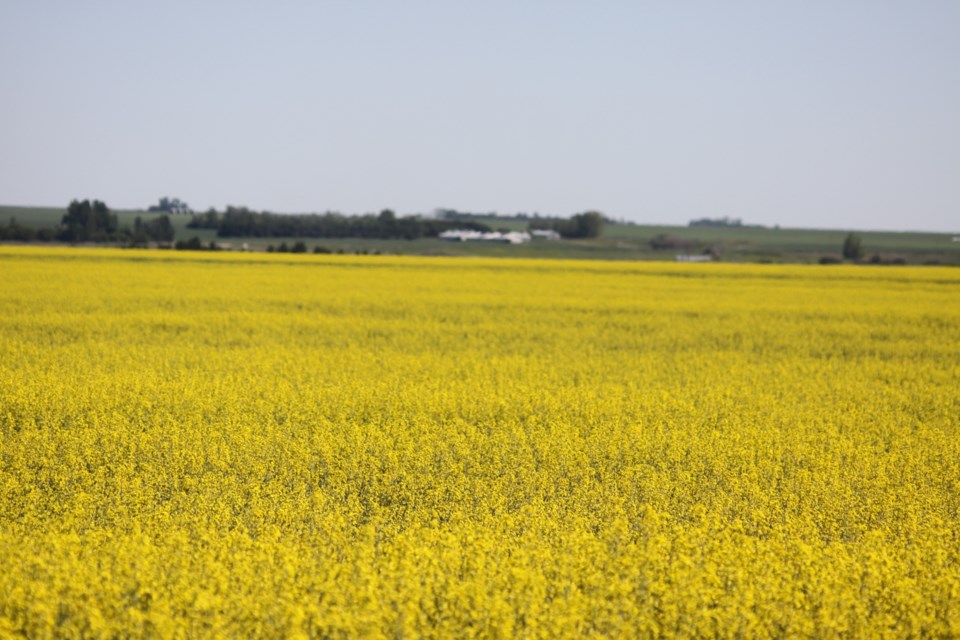Canada has lost almost half its global share of food exports in the last 20 years but has an opportunity to grow significantly, according to the annual RBC farm outlook.
Our share of global ag exports has fallen from 6.3 per cent to 3.9 per cent since 2000 as investment by countries like Brazil, China, India and Indonesia increased their exports.
Report authors believe Canada can boost exports by another $11 billion by 2030, making the $51 billion greater than automotive and aviation sectors.
To achieve this potential Canadian agriculture must innovate and adopt new technologies, learn new skills, increase labour recruits and obtain better financing.
Eighty per cent of farmers under age 40 use technology with 57 per cent of those over 60 using technology.
“If we don’t the sector will likely only grow by 1.8 per cent annually on its current path to declining productivity, raising output to around $40 billion from $32 billion today.”
Skills development and labour shortages are challenges with a predicted shortage of 123,000 workers by 2030.
Today, Statistics Canada estimates 16,500 job vacancies in agriculture after adding 60,000 foreign workers.
The number of students in ag programs has jumped 29 per cent in 10 years, compared with 21 per cent increase in other programs, but that still isn’t enough to meet the demand.
To make productivity gains, Canada needs investment in agtech, which hit a record of $16.9 billion in the U.S., up 43 per cent in three years.
Canada’s share of global agtech investment at 3.4 per cent is less than India has.
And Canada’s share of commercial lending to agriculture has declined to 1.9 per cent, lower than the global average of 2.9 per cent.
The report makes a number of recommendations to meet ag potential including:
- national ag strategy by the federal government;
- industry program to recruit more women, indigenous and new Canadians to the ag sector;
- reduce barriers to high skilled agriculture immigration applicants;
- build out high speed internet access to 1.5 million Canadians still served by dial-up.
Ron Walter can be reached at [email protected]




